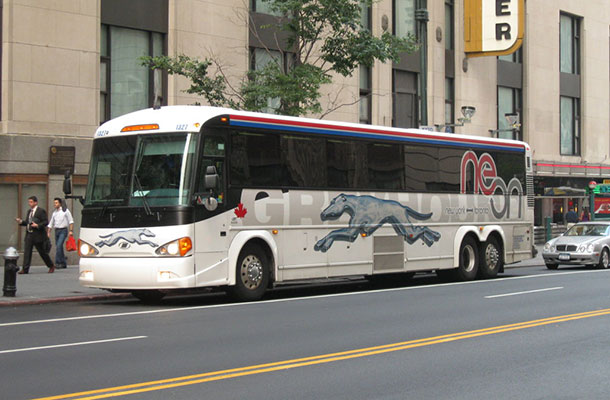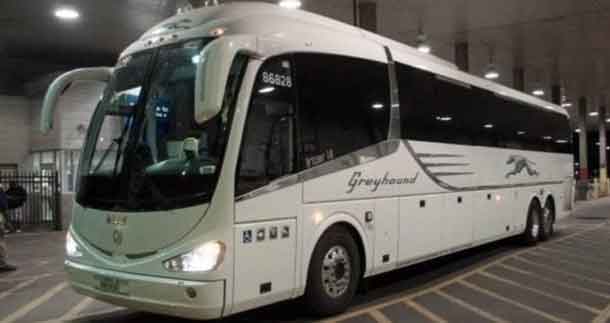When governments run transportation services, more tax dollars make trips than people. Let private business fill the gap
WINNIPEG – OPINION – Western Canadian bus riders have received an early Halloween scare: as of Oct. 31, 2018, Greyhound won’t offer passenger routes west of Ontario.
For the company, it means 415 fewer employees and two million fewer passenger rides each year. For bus riders in remote areas, a vital link has been cut.
Some advocates want the government to pick up the slack but taxpayers should hope this never happens. When governments run the buses, more tax dollars make trips than people.
Greyhound Canada has had operating losses in the West since 2004 and ridership there has fallen 41 percent since 2010. (The only exception is a Vancouver-Seattle route that’s run by its American counterpart and will continue.)
The primary reason for this precipitous fall is actually positive: consumers have more and better choices. These include more cars, more low-cost airlines, and more inter-regional passenger services.
Although very few take the bus, they do squawk loudly. This has offered left-leaning provincial governments the chance to step in and buy votes with the voters’ own money. Greyhound recognized in 2010 that Albertans didn’t want bus service subsidized. Yet that didn’t stop Premier Rachel Notley from recently starting pilot projects to provide public transit to connect small communities before Greyhound even left. It’s not hard to imagine her following her NDP counterparts in British Columbia. When Greyhound stopped running buses to northern B.C. in May, the province started its own bus service as a one-year “interim solution.”
Taxpayers beware. Government programs can stray far past their bounds of time, money and justification. Then tax dollars fill the seats where people no longer sit.
Such was the fate of Saskatchewan Transportation Co. (STC), the Crown-owned bus entity launched by Premier Tommy Douglas. STC ran its first buses on April Fool’s Day in 1946 and lost money in only one of its first 25 years of service. But its last profitable year was 1980. It took 37 years of losses before the provincial government finally pulled the plug. By then, its ridership had dropped 75 percent, expenses were triple the revenues and every passenger was subsidized by an average of $94.
An outcry ensued over the demise of STC, but it proved to be more about union jobs than maintaining bus services. One limo company owner was excited to start busing, but he withdrew his application following opposition from the Amalgamated Transit Union and even threats to some of his drivers. By now the dust has settled and eight companies fill the freight and passenger market once held by STC, with more set to come on board. The companies and workers will pay taxes to the province, which already expects to save $85 million by not having to subsidize STC.
The Manitoba government has taken heed. Although its NDP predecessors subsidized Greyhound, the current Progressive Conservative government is staying clear. On July 9, Infrastructure Minister Ron Schuler said, “We do not believe in giving subsidies and we’re not going to get into the business of business. … We would like to see individuals come forward and put a good business plan together.”
Schuler balked a little after LeadNow launched a petition calling on the Manitoba and federal governments to ensure bus service. Suddenly, Schuler tried to rally his provincial counterparts to call for federal help to delay Greyhound’s departure until the end of 2018.
Entrepreneurs have already shown such intervention is unnecessary. As Greyhound pulls out on Oct. 31, Kasper Transportation Service will step in with trips from Thunder Bay to Winnipeg, Winnipeg to Thompson, and Winnipeg to Prince Albert (with stops in Regina and Saskatoon). The company also plans to offer regular routes to Selkirk and rural areas and charter buses to northern communities.
On Halloween or any other day, bus riders don’t need government tricks to get their treats.
LeeHardingisresearchfellowfortheFrontier Centre for Public Policy.
© Troy Media
The views, opinions and positions expressed by all columnists and contributors are the author’s alone. They do not inherently or expressly reflect the views, opinions and/or positions of NetNewsLedger.






